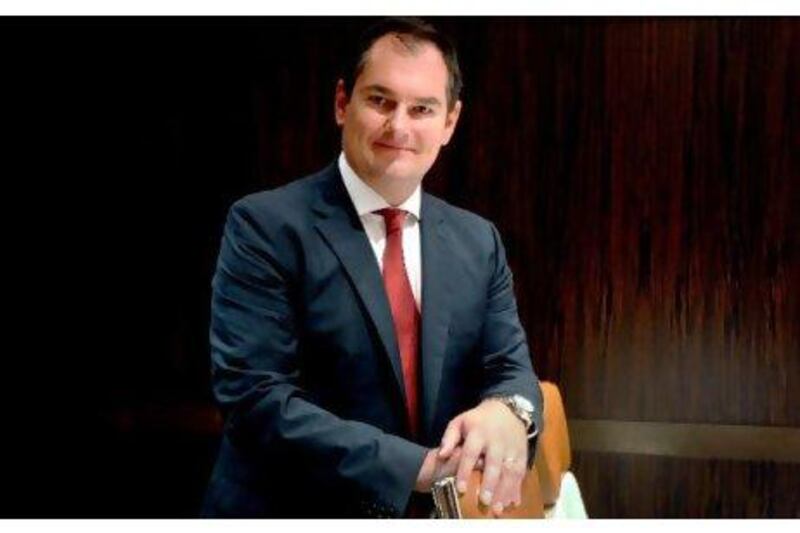Russell Adam is managing partner of the Dubai office of CTPartners, a global executive search company. He speaks about how they headhunt professionals and explains why it is harder to find people for the healthcare sector.
q How do you go about finding executives for jobs?
a We have our own database but we also have social and international networks such as LinkedIn, which all firms use. Our researchers in house speak to the marketplace, speak to sources and get referrals and then we speak to individuals.
q How do you approach them?
a It's done discreetly and directly … We certainly don't cold call or solicit through email, because it's too risky to do that. Things aren't done on the hoof and people are approached only when we feel odds-on that they're suitable for the role and that they would be willing to accept a call. But of course some people say I'm happy where I am thank you very much, and that's absolutely fine.
q Which industries are particularly difficult to find executives for?
a I would say health care is because there's such demand from GCC countries and government-related investment into that sector that it's competitive and difficult to find the best talent to come the region. Health care is particularly demand-led and supply constrained, so that's a tough market to find good people for, but that's our job and we do.
q So do you have to widen the scope of your search for executives in health care? Do you have bigger networks or more sources to help you find executives?
a Yes, I think we … will tend to speak to more individuals per healthcare search than perhaps other sectors. There's certainly more due diligence and more calls that go into the market per position in that sector, I would say.
q Does it take longer to find executives for health care?
a It takes a little bit longer, but still within the client's expectation, which is usually between two and three months to come up with the right individual. People in that profession are analytical and very bright by nature and can be cautious with an international move.
q Are there any other sectors which are more challenging?
a Financial services, particularly here, getting the right balance of local cultural fit, language skills and technical abilities. I think there are real challenges globally for banks and for fund managers to retain and incentivise staff, given all the regulation that's come in, particularly from developed economies. But some of the local banks are pretty well placed.
q What trends are you seeing generally?
a I think there's more government demand for building up health care, particularly with the Arab Spring. People want populations that are healthy and getting well supported. That's part of the social liberation that they're going to try to provide.
q Which governments have approached you to help find healthcare professionals?
a I can't say specifically, but I can say the majority of what we're doing is sovereign wealth fund related.
* Gillian Duncan






